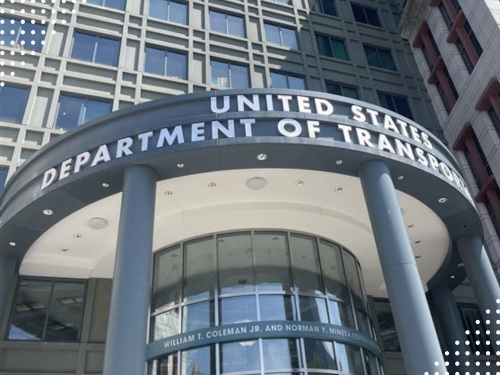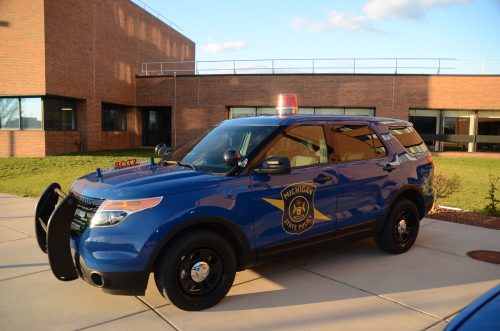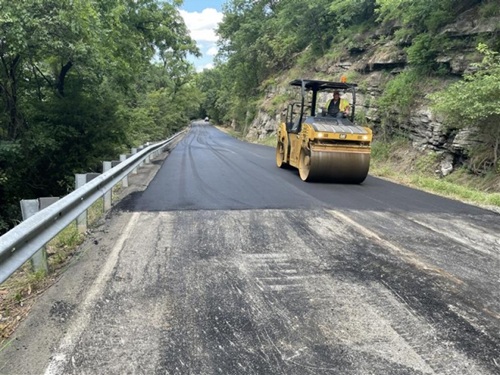The National Highway Traffic Safety Administration and the International Association of Chiefs of Police launched a new $2.3 million grant program on July 15 to fund Advanced Roadside Impaired Driving Enforcement and Drug Recognition Expert training to state and local law enforcement, judges, and prosecutors. Training courses are expected to begin later this year, the agency added.
“These programs are effective tools to help law enforcement remove drug-impaired drivers from our roads,” NHTSA Deputy Administrator Heidi King said in a statement.

“As officers, judges, prosecutors and others complete these courses, they will learn more about how to identify potentially impaired drivers,” she noted. “This knowledge will aid in the prosecution of impaired-driving offenders and make our roads safer for everyone.”
The police chief’s association will manage the grant program through a cooperative agreement with NHTSA and the courses funded via the grants will train participants to observe, identify, and articulate the signs of impairment related to drugs, alcohol, or a combination of both in order to reduce the number of impaired drivers and traffic crashes.
This announcement builds on NHTSA’s efforts to educate drivers about the dangers of drug-impaired driving, including a call-to-action summit held in Washington, D.C., last year.
The enforcement push after surveys indicate motorists may not fully grasp the dangers of driving under the influence of alcohol and/or drugs.
For example, according to a AAA Foundation for Traffic Safety survey released in June, most drivers (95.1 percent) perceive driving after drinking as very or extremely dangerous. However, almost 11 percent admitted to having done so in the past 30 days.
Meanwhile, that survey also found that 70 percent of respondents consider driving within an hour after using marijuana to be very or extremely dangerous. But more than 7 percent of respondents personally approve of driving shortly after using marijuana.
 Nation
Nation


